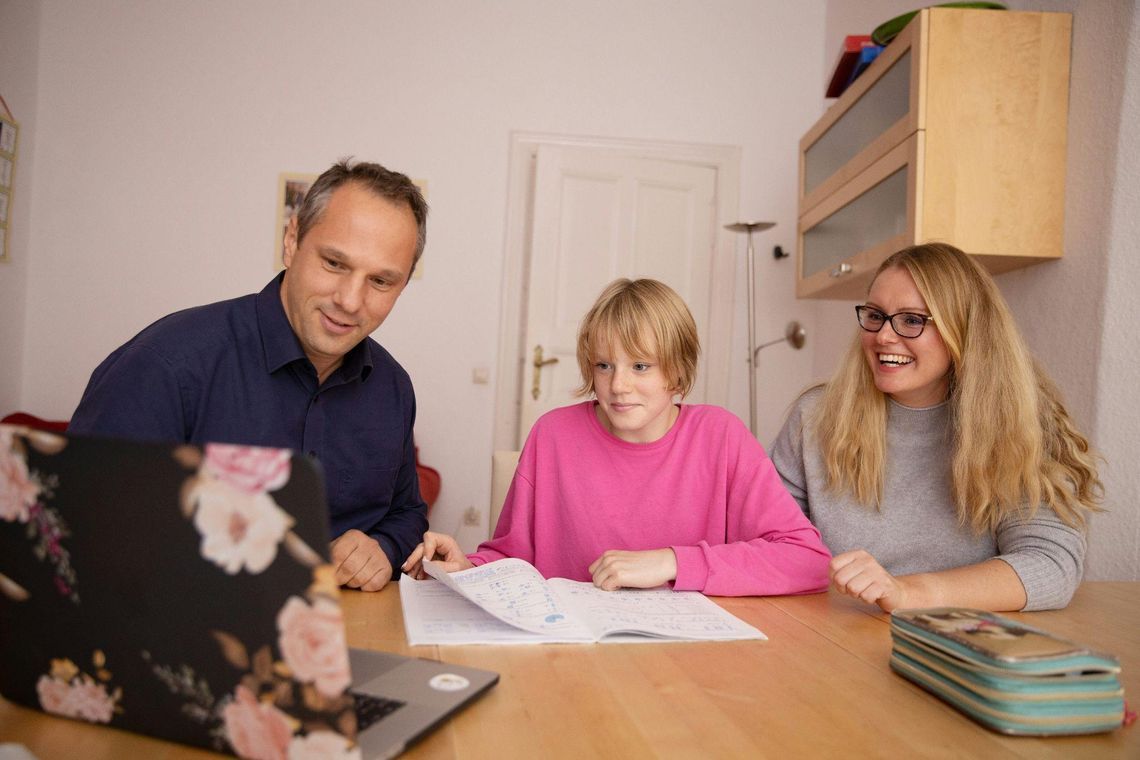
Apply to a foreign university with confidence
- Properly fulfilled documents
- Perfect motivation letter
- Support from a personal mentor
- Offers from several universities
We tell you why you need a guardian abroad, how to find a guardian to study abroad, and search criteria.
Free consultation
| Country | Age of majority | Traditional type of guardianship | Average cost of a guardian from an agency |
|---|---|---|---|
| UK | 16-18 | Agency / Friend | 3,972 USD/year |
| USA | 16-18 | School / Host family | 5,000 USD/year |
| Canada | 17-19 | Friend / Relative | upon request |
| Spain | 18 | Agency / School | 1,695 USD |
| France | 18 | Friend / Relative | 791 USD |
| Germany | 18 | Friend / Relative | 678 USD |
| Australia | 18 | Relative / Host family | upon request |
| China | 18 | Friend / Relative | upon request |
Guardians can be found independently or through special agencies. The latter is widespread in the UK. The candidate, as a rule, must be a citizen or resident and speak the language of the country where the minor is going to study. Requirements for the guardian’s income are usually not imposed since he is the temporary legal representative of the child in the absence of the parents and does not have to be the provider. Each country may have its own nuances regarding the documentary registration of guardianship, but in all cases notarized consent from both parents will be required.
| Country | From the parent/legal representative | From the guardian |
| United Kingdom | Notarized consent | The processing of documents is usually done by an agency. |
| US | Notarized consent | Varies depending on the state |
| Canada | Custodianship Declaration | Custodianship Declaration |
| Spain | Notarized consent[1] |
|
| France | Notarized consent |
|
| Germany | Notarized consent | Freeform guardianship application statement[2] |
| Australia | Form 157N | Form 157N |
| China | Notarized consent | Varies depending on the province |
In general, any minor who arrives in another country for the purpose of long-term studies requires a guardian. It can be both a schoolchild and an applicant under 18. For short-term educational trips, notarized parental consent is usually sufficient, which allows the child to travel unaccompanied[3]. If the school organizes the trip, the document is usually issued in the name of the teacher or other accompanying group.
It is important to keep in mind that the age of majority may differ in each specific country, but in any case, from this point on, a person will no longer need a guardian. General requirements regarding the presence of a guardian can be seen in the table:
| Purpose of the trip | Duration of the trip | Guardian required |
|---|---|---|
| Tourism | up to 90 days | no |
| Summer camp | 1-12 weeks | no |
| Language courses | up to 6 weeks | no |
| Language courses | from 6 weeks | yes |
| Secondary education | 2-12 years | yes |
| University preparation | 1-2 years | yes |
| Higher education | 2-4 years | yes |

The major category of minors who need a guardian while studying abroad are teenagers aged 14-16. Moreover, they usually receive education in closed boarding schools, where qualified teachers work with them every day. Here comes the question: why does an independent person, that is one step away from becoming an adult, need additional supervision such as a guardian?
In any case, the guardian is needed to be the child's legal representative when signing the documents. The final set of responsibilities of the guardian will vary depending on the terms of the contract. When working with a guardian agency, parents will know in advance the list of all services. If the family has chosen a guardian independently from among relatives or acquaintances, everything will depend on personal agreements.
The requirements for guardian status may vary from country to country. All possible options are listed below, but at the stage of visa processing, it is worth clarifying who you can nominate.

When choosing a guardian for a minor you need to consider many factors, especially if the candidate is not a relative or close friend. If you have no way of communicating with him personally, it is not superfluous to clarify this information:
In the UK, the sphere of guardianship over international students is more developed than anywhere else in the world. Almost every school requires a student under 18 to have a guardian, although by law only children under 16 require one. There is a whole network of guardianship agencies in the country. The most reliable are those accredited by AEGIS. Here are just a few of them:
The cost of services, of course, is high, but the parent can be calm, as the child will be under the supervision of a professional.
Unlike the British secondary education system, international students under 18 in an American school generally do not need a guardian. The school and its director usually assume responsibility for solving all organizational issues. However, if you do need a guardian, you can find one through an agency such as Cogito World Education.
Canadian legislation requires all minors from abroad to have a local guardian at the time of residence in the country. In some provinces, the age of majority reaches 19, so sometimes a guardian may be needed not only for school children but also for university students. There are several agencies in Canada that help young foreigners find a guardian or a host family:
Germany also requires a guardian for foreigners to study in local schools. At the same time, experience shows that this issue is decisive only at the stage of obtaining a student visa, and all problems of the student are usually solved by the school administration. Therefore, parents wishing to send their children to Germany often look for a guardian among people they know.
As in the case of Germany, the presence of a guardian for a minor in France is important, first of all, for obtaining a visa. The French guardian must live in the same city as the child, and may also be required to vouch for the ward financially. The registration process requires a lot of paperwork, so you can ask for help in special organizations:
While studying in Spain, the student usually lives with a host family or is under the care of the headmaster in the case of a closed educational institution. The principal of a regular school can only act as a representative for a child aged 16 and over.
To apply for a study visa to Australia, you must fill out a special form, where a relative residing in the country will be indicated as a guardian. However, there are organizations that offer to select a guardian or host family from their base: for example, IDP.
For a minor to study in China, parents must find a guardian registered in the same city where the educational institution is located. OU LU / WECO can help with the search of potential candidates.
60+ countries
we work with
$1,000,000 saved
by students through scholarships
6,400 offers
our students got